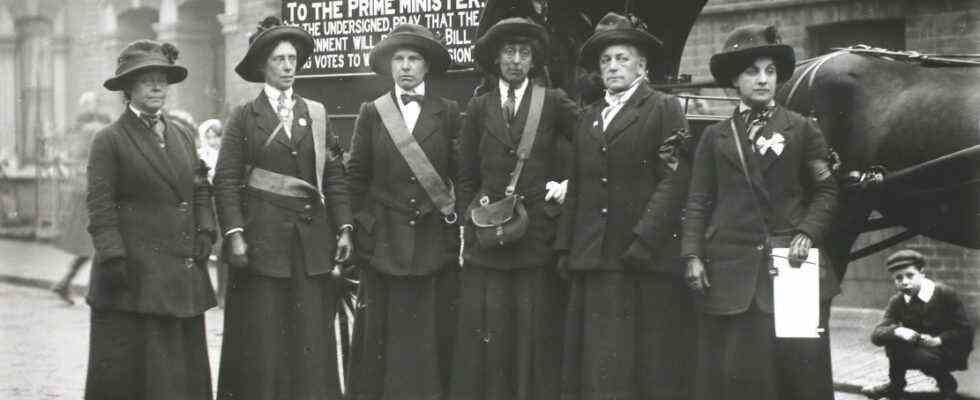Legal texts are not considered accessible reading. But when the reality gets very complicated, a sober paragraph can bring clarity. On the subject of violence and defense, the German Criminal Code says, for example: “Anyone who commits an act that is required by self-defense is not acting unlawfully.” As clear as that sounds as a principle, the relationship between violence and defense in detail becomes confused.
Elsa Dorlin, philosophy professor in Paris, is not interested in clarity anyway. In her book “Self-Defense. A Philosophy of Violence”, she contrasts legitimate defense, legitimate in the sense of the respective legal situation, with a history of the ability to defend oppressed groups. It describes how slaves and indigenous peoples were disarmed so that they were thrown back into their physicality and were even further restricted in this. Even dances were interpreted by colonizers as revolt, which perhaps wasn’t entirely wrong. The oppressed, or so Dorlin at least, become subjects who are not allowed to defend themselves. Ultimately, neither with a weapon, nor with hands, words, not even with a dance.
The author provides new interpretations of political violence
Suffragettes in London founded self-defense clubs and trained women activists in hand-to-hand combat at the beginning of the 20th century. During their protests for women’s suffrage, there were also tangible arguments on the streets. One of the most creative methods of defense, however, was this: the women cut off their braces, forcing the police to hold on to their trousers. For Dorlin a game with the expectations of the opponent who is not on guard because of his prejudices. The Black Panthers responded to the historic disarmament of blacks in the United States by equipping themselves with guns.
Dorlin is concerned with the ethics of insurrection, with the question of who is entitled to violence. She traces how, in power imbalances, groups are dehumanized to such an extent that they only have the choice between death through the arbitrariness of the rulers or death through an attempt to defend themselves. It provides new interpretations of political violence, from the French Revolution to the way in which we perpetuate notions of defenselessness to this day.
Elsa Dorlin: Self Defense. A philosophy of violence. Non-fiction. Suhrkamp, Berlin 2020. 315 pages, 32 euros.
In this way the female body is objectified in a vulnerability, in a need for protection. Crime and true crime formats often begin with a dead woman, a victim of violence, who then only fulfills one function: to have been defenseless. An instrumentalization that Dorlin warns against and that leads to the ambivalence of self-defense. The motto “Women must be defended” was used to justify racist lynching.
The ethics of self-defense remain ambiguous. Anyone who hopes for answers or even an easy reading will be disappointed by Dorlin’s “Philosophy of Violence”. But if you fight your way through sentence constructions such as the “systematic prevention of reciprocal action in domination relationships” is a really unusual view of power. A right that people take even when they don’t have it: they defend themselves.

